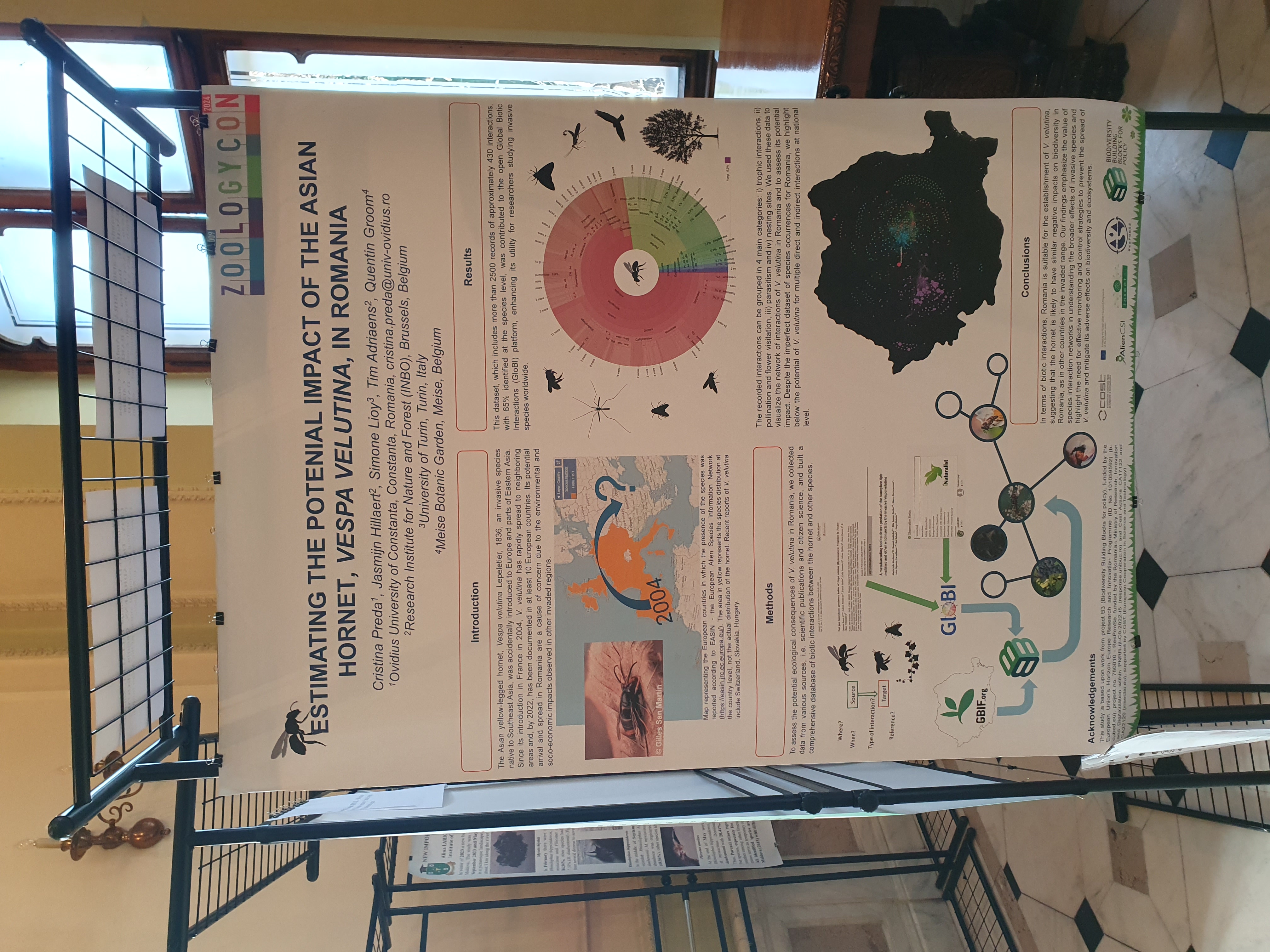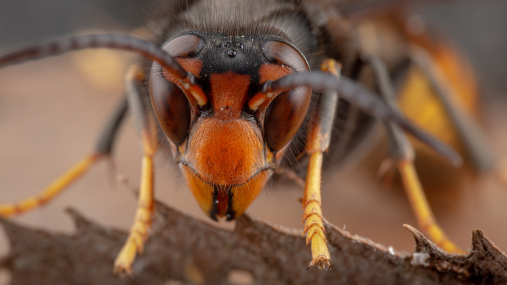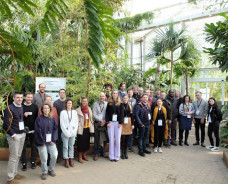Cristina Preda from the University of Constanta presented findings at the International Congress of Zoology (CZGA), which took place as a ZoologyCon event in November 2024 at the University House of Bucharest.
The findings suggest that Romania’s ecosystems could be suitable for the establishment of the Asian yellow-legged hornet (Vespa velutina), posing risks to biodiversity. This research highlights the importance of species interaction networks in assessing invasive species' broader effects and underscores the need for monitoring and control measures.
The hornet, an invasive species native to Southeast Asia, has rapidly spread across Europe since its accidental introduction to France in 2004. Its potential arrival in Romania raises concerns due to the environmental and socio-economic impacts observed in other affected regions.
To better understand the possible effects of V. velutina in Romania, researchers compiled data from scientific publications and citizen science sources, creating a database of over 2,500 records of species interactions. These interactions, covering predation, pollination, parasitism, and nesting, were contributed to the Global Biotic Interactions (GloBI) platform to support further research on invasive species.
 Scientific poster displayed at the ZoologyCon 2024
Scientific poster displayed at the ZoologyCon 2024



